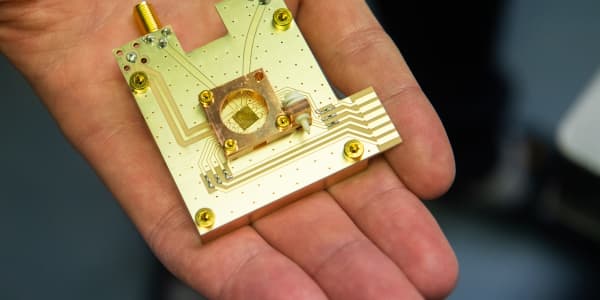What began as a call center in Jakarta for bike hailing in 2010 is now reportedly valued at $3 billion, operating in 25 Indonesian cities.
Go-Jek has evolved beyond ride-sharing into logistics, lifestyle services and more recently mobile payments becoming the world's largest on-demand platform with end to end control over its 15 vertical businesses. It is sometimes referred to as Indonesia's only Unicorn.
Go-Jek says it is a social enterprise, hoping to make money by making life easier with the numbers showing substantial progress as its Go-Jek app has been downloaded 22 million times in the past year. More than 250,000 drivers, take passengers on motorcycles or by cars as well as carry packages and food from place-to-place as as well as massage therapists, according to Piotr Jakubowski, chief marketing officer.
The $3 billion valuation was reported by TechCrunch and aided by significant investment from Tencent. Jakubowski attributes Go-Jek's success with targeting the problem of mobility in a populous city like Jakarta such that consumers are able to receive services without getting stuck in traffic.
"What Go-Jek has done actually is we've created our own definition of mobility. We've been put in the same competitive set with other players who are solely focused on the concept of mobility from a linear perspective - they are moving people from A to B", Indonesian-born Jakubowski told CNBC's Akiko Fujita on Squawk Box Asia.

This business strategy of actually solving the problem of mobility in Indonesia enabled Go-Jek to surpass its competitors Uber and Grab, even though it was late to launch its ride sharing app in Jakarta.
"The regional, or the global guys, took a business that worked in other places and just implemented it in Jakarta. Fact of the matter is, it doesn't matter whose car you're sitting in, you still can't get anywhere," Jakubowski said.
In fact, Go-Jek's rapid expansion beyond ride sharing such as food delivery, on- demand massage services and cleaning services came about from being receptive to what Indonesian consumers wanted.
"And that's where a lot of the expansion has started, you know, you take a look at food delivery, you take a look at logistics and courier services, you take a look at very local things like massage and cleaning. Having people coming to your house and clean your house. This was stuff that had kind of naturally progressed and now we've just become a one-stop shop for everything you need to get done", Jakubowski said.
"Maximizing the consumer experience" is Go-Jek's key focus at the moment, Jakubowski said.
The company launched in 10 more Indonesian cities in the past month and operates in 25 cities, with no plans to expand beyond the archipelago.
On the social side, he said that by providing work, the company is doing good.
"We are Indonesian and we are dedicated to the future of the country and its digital economy not by pledges, but by the foundations we have already put down and the perseverance we have showcased as a company."




